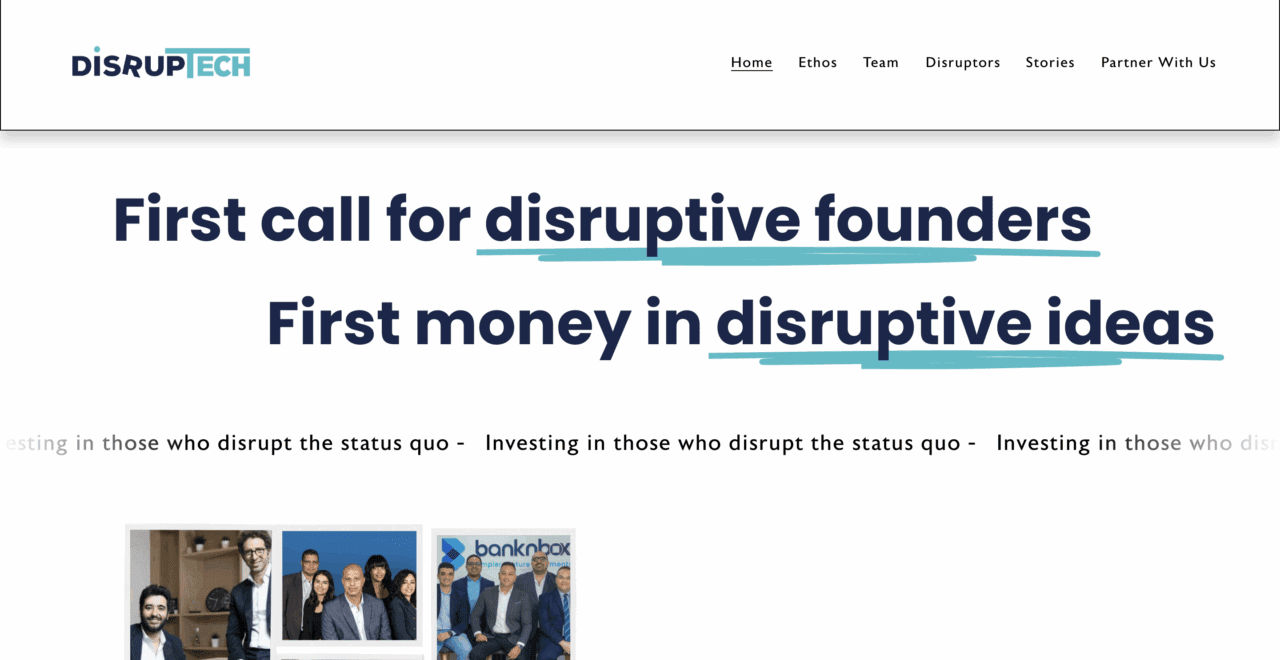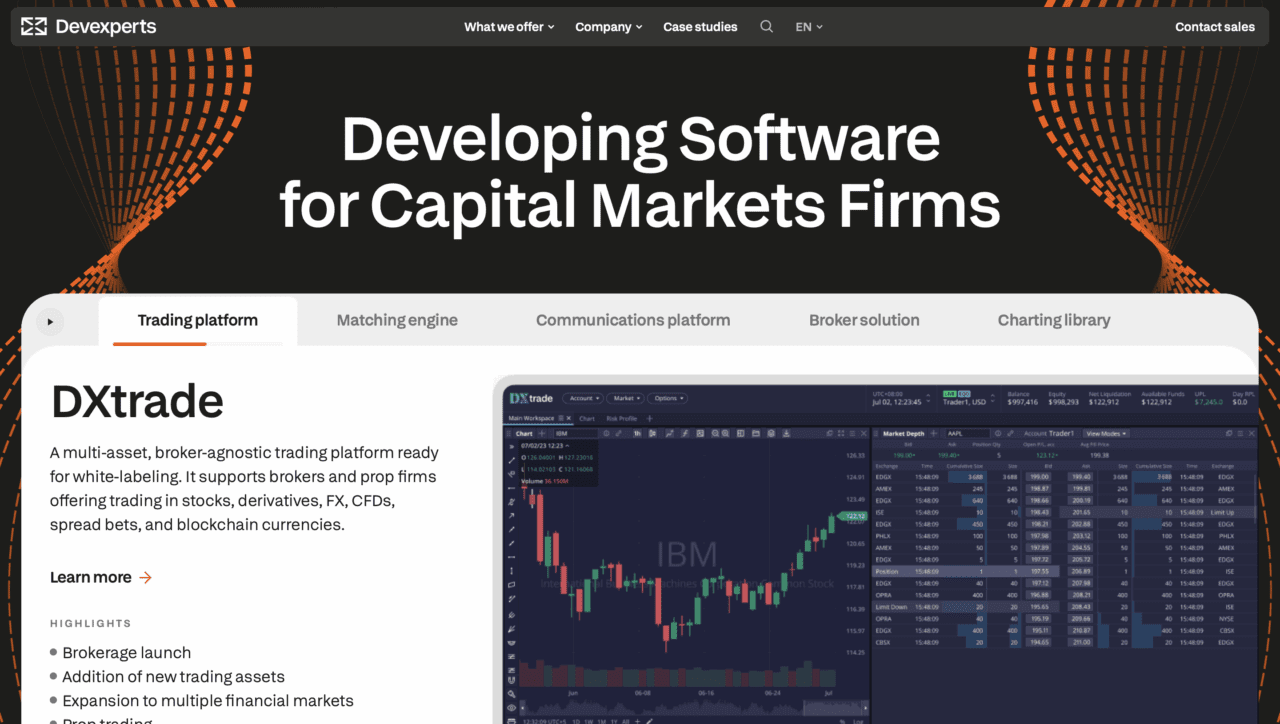
This week’s edition of Finovate Global features the latest fintech news from Egypt.
Fawry and Wadi Degla Partner to Offer Integrated Digital Payments
A strategic partnership between leading Egyptian fintech Fawry and real estate development company Wadi Degla Developments will bring integrated digital payment solutions to Wadi Degla customers. Wadi Degla will leverage Fawry’s online payment gateway and POS network, simplifying and accelerating payment processes, to enhance the customer experience and help drive digitization in the real estate sector.
The alliance fortifies Fawry’s status as a trusted technology partner for the country’s real estate developers and underscores Wadi Degla’s determination to increase operational efficiency and boost customer satisfaction. The partnership will also feature new value-added solutions including the Fawry Business Corporate Card and digital loyalty programs.
“This partnership marks a key milestone in our mission to drive digital transformation across Egypt’s vital real estate sector,” Fawry Chief Business Officer Heba El Awady said. “At Fawry, we aim to empower developers to provide modern, integrated payment services that cater to the growing demand for digitization. We continuously strive to develop innovative solutions tailored to the evolving needs of various sectors, and our collaboration with Wadi Degla Developments is a prime example of constructive partnerships between technology and real estate, enhancing operational efficiency and creating tangible value for customers.”
Headquartered in Cairo, Egypt, and founded in 2008, Fawry offers a digital transformation and fintech platform that delivers more than 1,186 financial services to consumers and businesses. With more than 29 million customers across Egypt, Fawry is the country’s largest payment network, processing more than three million operations a day. Ashraf Sabry is founder and CEO.
Egypt’s DisrupTech Ventures Makes Second Non-Egyptian Investment
Our last look at fintech in Egypt highlighted the launch of a new $31.5 million fund from HSBC Egypt that is dedicated to supporting small and medium-sized businesses in the fintech sector. Today, there’s another Egypt-based fund making fintech headlines: Egypt’s DisrupTech Ventures, which just made its second investment outside of Egypt and its first for a Moroccan fintech with its funding of Chari.
Founded by Ismael Belkhayat and Sophia Alj and backed by Y Combinator, Chari offers a fintech platform that transforms thousands of small neighborhood shops into access points for digital payments and other financial services. Chari’s payment institution license enables the company to empower small businesses to serve as financial hubs for their communities. Chari brings digitization to Morocco’s informal economy, helping businesses quickly access working capital, and embedding financial services including insurance and payment options into merchants’ daily operations. Launched in 2020, the company has onboarded more than 20,000 retailers to its platform.

“Our investment in Chari is a milestone for DisrupTech,” Managing Partner at DisrupTech Ventures Mohamed Okasha said. “Chari is redefining how financial services are delivered at the grassroots level. By empowering small shops to act as financial gateways, Chari is creating the foundation for a new, inclusive fintech infrastructure in Morocco. This is exactly the kind of transformative model we seek to support across Africa.”
The amount of the investment was not disclosed. The funding is part of Chari’s Series A extension round, which included raising $12 million and featured leadership from SPE Capital and Orange Ventures. Along with its investment, DisrupTech Ventures will also join Chari’s board of directors.
DisrupTech Ventures is headquartered in Cairo, Egypt. Founded in 2021, the company is the country’s leading fintech venture capital firm with an emphasis on early stage fintech and fintech-enabled startups.
Egypt’s Students Top Arab Fintech Talent Competition
The Central Bank of Egypt (CBE)’s FinYology initiative introduced the third edition of its FinTech Got Talent 2025 competition this year. In partnership with the Federation of Egyptian Banks (FEB) and the Egyptian Banking Institute (EBI), the fintech talent competition seeks to identify and support fintech innovation among university students.
This year’s competition was won by ESLSCA University for its mobile app, Tapay, that transforms an ordinary smartphone into a contactless payment terminal. Taking second place was the team from the British University in Egypt (BUE), which offered a financial literacy app called Money Adventure, that leverages gamification to help children learn about the importance of learning how to manage their money. Coming in third was the team from Cairo University, which presented AgriDawar, a digital platform that uses e-payment technology and e-wallets to connect farmers to buyers of agricultural surplus residues.
All three teams represented Egypt at the Arab FinTech Challenge 2025 last month, with the ESLSCA University and BUE teams again taking first and second, respectively, topping teams from universities from the UAE, Saudi Arabia, Qatar, and Morocco.
FinTech Got Talent was initially launched in 2024 as part of the FinYology initiative. This effort is designed to integrate academic learning with hands-on fintech applications. FinYology includes more than 30 Egyptian universities, has supported more than 900 student-led projects, and featured the participation of 19,000 students. Eighteen partner banks have also provided continuing backing to the FinYology initiative.
Here is our look at fintech innovation around the world.
Latin America and the Caribbean
- Brazilian fintech Kanastra secured $30 million in Series B funding for its capital markets infrastructure and services offering.
- Binance launched QR code payments in Argentina.
- Brazil’s central bank announced new capital and compliance rules for fintechs.
Asia-Pacific
- Japan’s JCB International partnered with Agoda to enhance digital travel payments throughout Asia.
- Hong Kong’s ZA Bank launched its StockBack x ZA Card, the first Visa card in Hong Kong to offer shares of stock as a purchase reward.
- ISH acquired Sydney, Australia-based spend management software company ProSpend.
Sub-Saharan Africa
- Financial services platform Mukuru teamed up with AI-powered banking technology provider JUMO to launch new fast loan solution.
- UAE-based fintech Optasia raised $345 million in its IPO on the Johannesburg Stock Exchange (JSE) in South Africa.
- Kenya’s mobile money market reached 91% penetration this year according to the Communications Authority of Kenya, a jump from 77% penetration last year.
Central and Eastern Europe
- Hamburg, Germany-based fintech Atrya locked in €1.5 million in funding for its stablecoin payment network.
- Estonian fintech Creem raised €1.8 million in pre-seed funding for its “programmable finance layer” the helps startups manage payments, taxes, compliance, and more.
- Embedded financing platform YouLend and business management platform Tide take their partnership to the German market.
Middle East and Northern Africa
- Saudi Arabia-based fintech Stream raised $4 million in seed funding in a round led by Outliers VC.
- Kuwait Finance House partnered with NCR Atleos Corporation to deploy hyper-realistic conversational AI-powered avatars.
- QNB announced a strategic partnership with embedded B2B payments infrastructure provider TransferMate.
Central and Southern Asia
- Indian fintech Pine Labs launched its $439 million IPO.
- Zynk, a cross-border payments startup headquartered in Hyderabad, India, secured $5 million in seed funding in a round led by Hivemind Capital.
- Kazakhstan announced plans to create a national cruptocurrency reserve fund worth between $500 million and $1 billion.


















